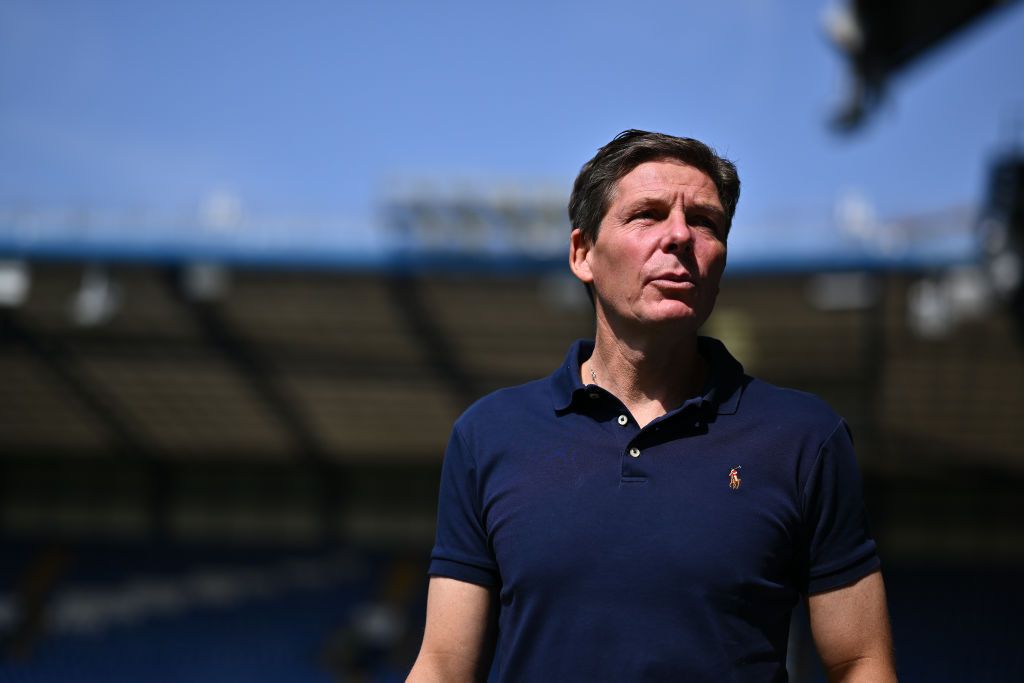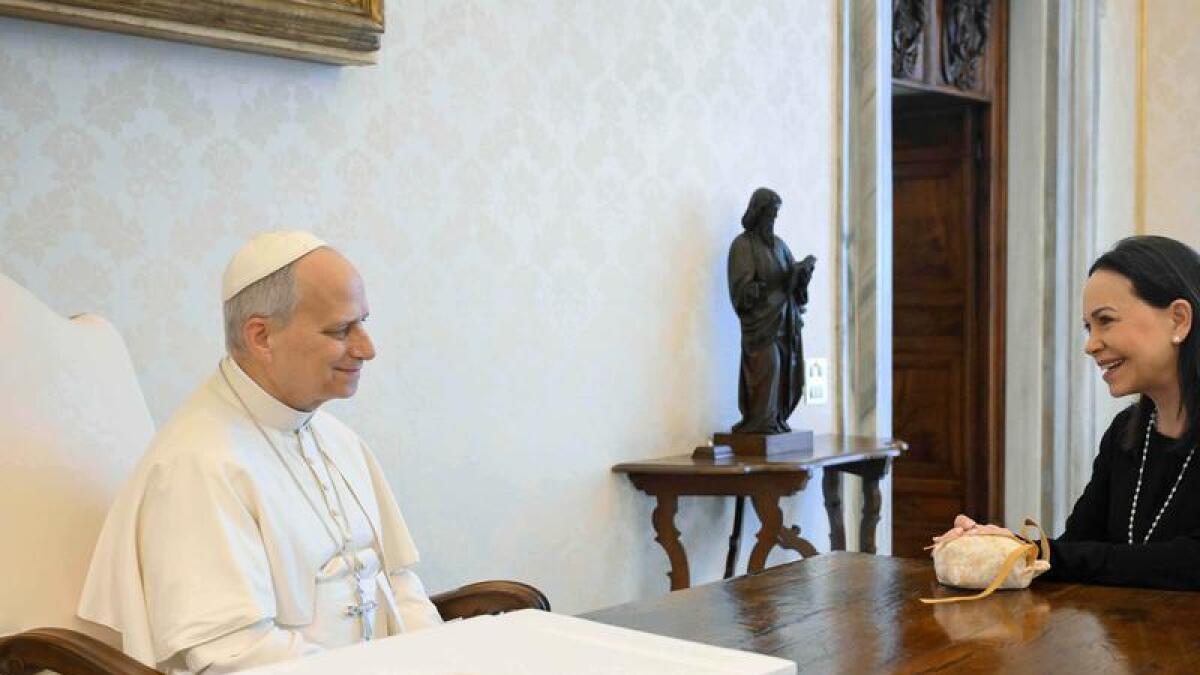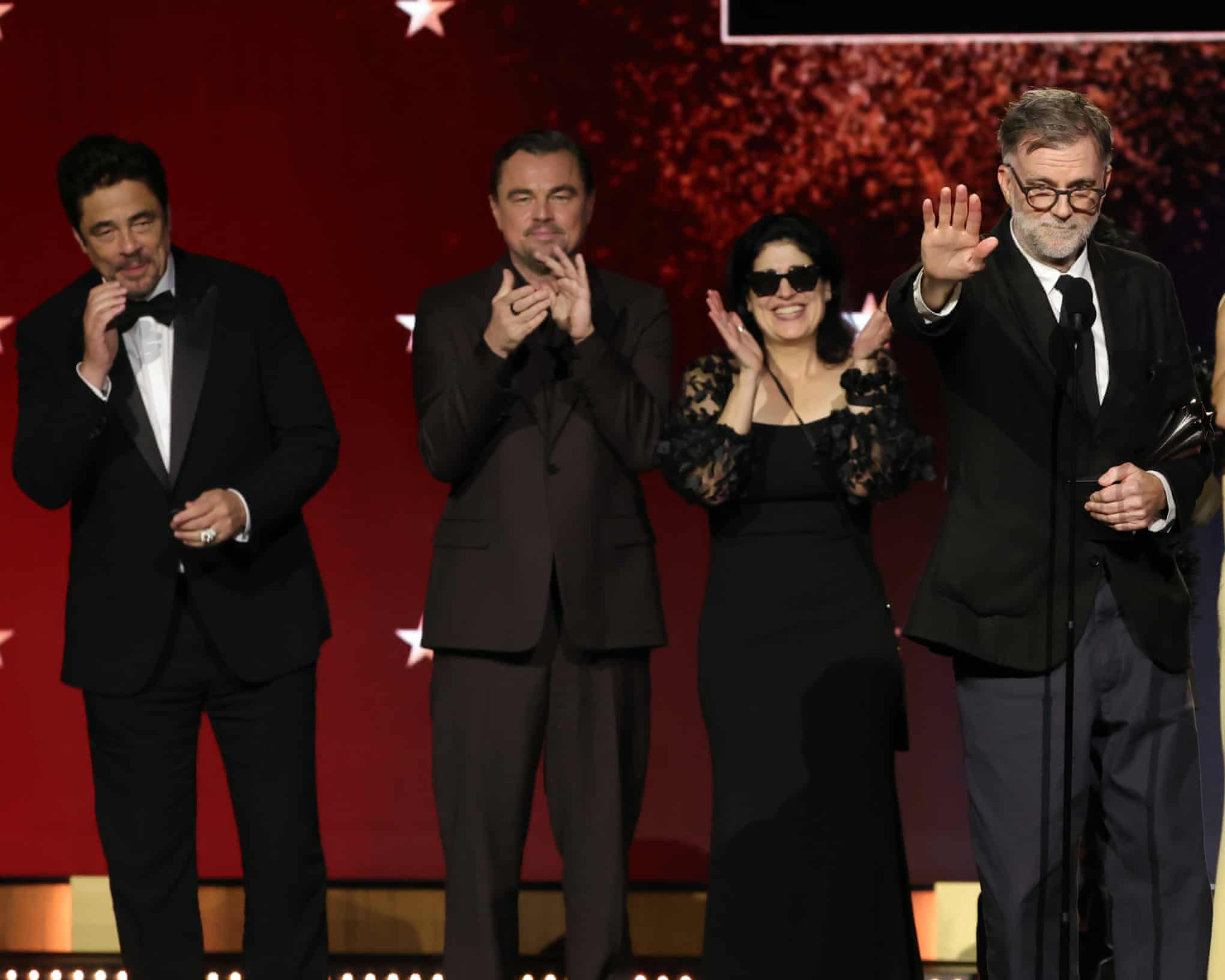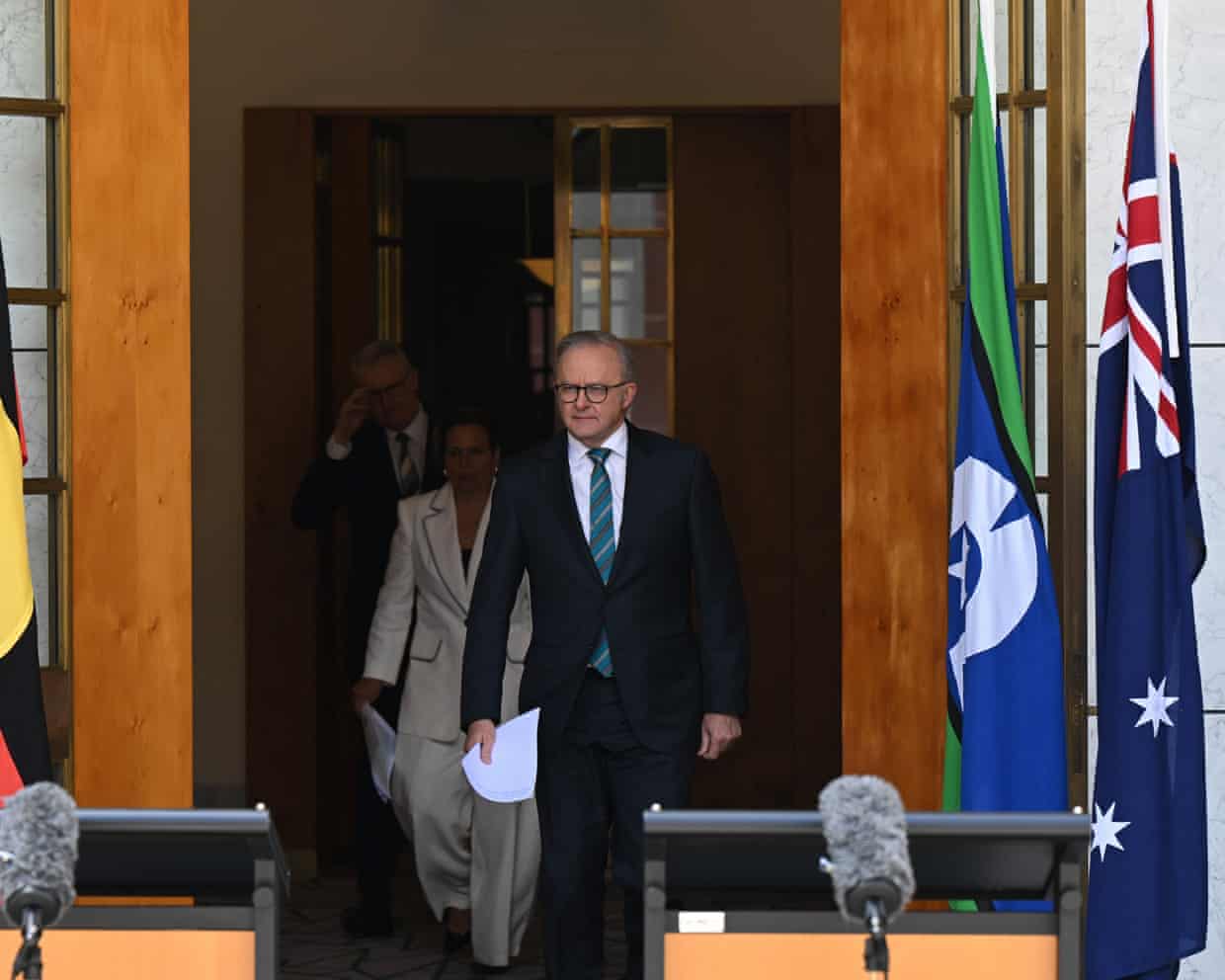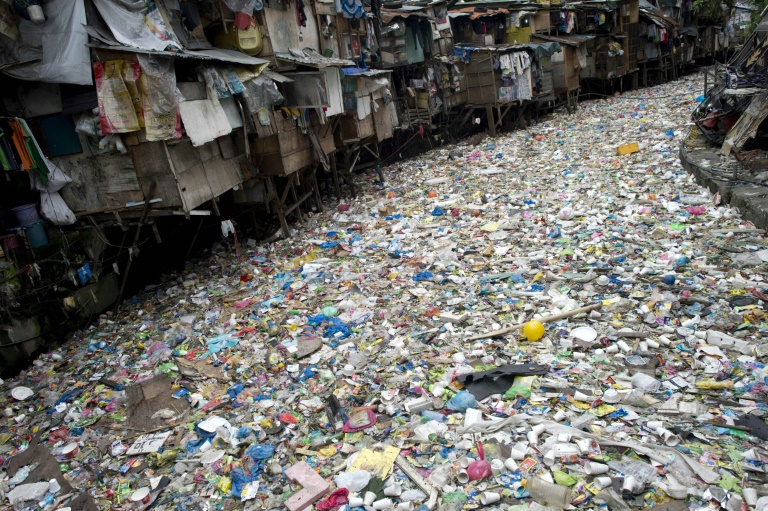
Negotiators from 185 countries are in a critical race against time to finalize a global treaty aimed at addressing the urgent issue of plastic pollution. With only hours remaining on Thursday, discussions intensified as nations sought to bridge divides, particularly between those advocating for bold action and oil-producing states resisting significant commitments.
Kenya’s Environment Minister Deborah Barasa, representing the High Ambition Coalition, emphasized the need for a comprehensive treaty. “We need to have a coherent global treaty. We can’t do it on our own,” she stated. Barasa suggested that countries could agree on a foundational treaty and work out details later, advocating for a compromise that would allow for a phased approach to tackling plastic pollution.
The alarming scale of the issue was highlighted by French President Emmanuel Macron, who called for immediate action. “What are we waiting for to act?” he questioned, urging delegates in Geneva to adopt a robust agreement to confront this environmental and public health crisis.
As the negotiations unfolded, many focused on the performance of the talks’ chair, Luis Vayas Valdivieso. His earlier draft proposal faced swift criticism from multiple nations, with the High Ambition group dismissing it as insufficiently ambitious and reducing it to a mere waste management framework. Members of the Like-Minded Group, which includes several Gulf states, expressed concerns that the draft violated their key priorities by failing to narrow the treaty’s focus.
In the early hours of Thursday, regional groups gathered to discuss strategies, with Greenpeace’s delegation chief, Graham Forbes, noting the tension surrounding the negotiations. “These final hours are critically important. We need to see meaningful obligations in this text,” he remarked.
The plenary session, initially scheduled for earlier in the day, was delayed for four hours as discussions continued. An unnamed senior Western negotiator expressed uncertainty about the outcome, stating, “It’s all up in the air.” He outlined two potential scenarios: a subpar treaty may be adopted, or a complete failure to reach an agreement could lead to the treaty being shelved indefinitely.
The pervasive nature of plastic pollution has become a global concern, with microplastics detected in the highest mountain peaks and the deepest ocean trenches, as well as in human bodies. Following three years of negotiations and five prior meetings, the current discussions in Geneva aim to culminate in a treaty that is acceptable to all 185 participating nations.
The World Wide Fund for Nature has urged countries to recognize that a universally acceptable text may not be feasible. It has called on ministers to propose their own drafts to facilitate progress and ensure a treaty that adequately addresses the crisis.
As the clock ticks down, the urgency of the negotiations points to the broader implications of plastic pollution on health and the environment, underscoring the need for decisive and unified action.



